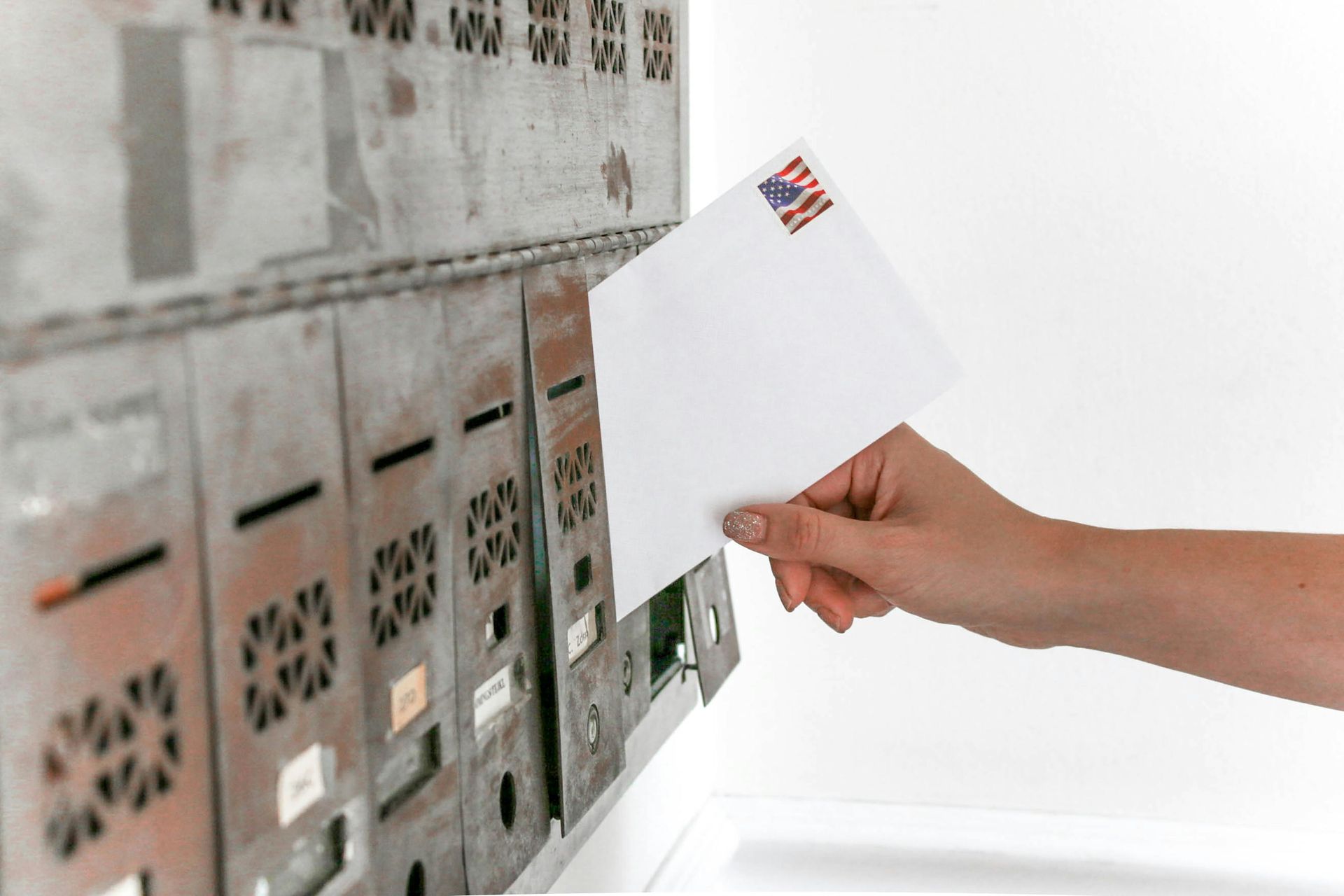The One Big Beautiful Bill Act (OBBB): What It Means for You and Your Business in 2025 and Beyond
OBBB at a Glance
Signed into law: July 4, 2025
Effective: Most changes roll out starting January 1, 2026 (with a few exceptions and temporary provisions for 2025-2028).
If you’ve been keeping one eye on the news and the other on your bank account, you might have heard about the One Big Beautiful Bill Act (OBBB)—Washington’s latest, and (dare we say) most headline-grabbing tax overhaul since the Tax Cuts and Jobs Act. If you’re wondering, “What does this mean for my wallet or my business?”—relax! We’re here to break it all down for you, with an eye for the details that matter most to individuals and small business owners.
Major OBBB Provisions: What Clients Need to Know
1. Tax Cuts for Individuals and Families
- Tax Rates Stay Low: The TCJA individual tax brackets are now permanent.
- Bigger Standard Deduction: The higher standard deduction isn’t going anywhere. If you hate keeping receipts, this is good news.
- SALT Deduction Cap: If you do itemize, the State and Local Tax deduction jumps from $10,000 to $40,000 through 2029, which is especially good news for folks in high-tax states.
2. No Tax on Tips, Overtime, or Car Loan Interest (2025–2028)
- No Tax on Tips: Beware – “No Tax on Tips” doesn’t really mean “no tax.” Servers, bartenders, valets—if your job comes with a tip jar, you can deduct up to $25,000 in tips received each year (phased out at higher incomes), for tax years 2025–2028. Heads up: You still have to report those tips on your W-2 —employers will now report both cash tips and your occupation. Social Security and Medicare tax still applies to all tips.
- No Tax on Overtime: Employees can deduct up to $12,500 ($25,000 joint) in qualified overtime compensation. This is the overtime premium only (half-time pay). Must show your Social Security Number, and the deduction phases out for higher incomes. Again, Social Security and Medicare tax still applies.
- No Tax on Car Loan Interest: Deduct up to $10,000 in interest per year for personal-use car loans (new vehicles only). This only applies to certain vehicles with final assembly in the US – so don’t go run out and buy a car without doing the research! Does not apply to business vehicles (those are still deductible as a business expense).
- Note: These are temporary “freebies”—unless Congress acts again, they end after 2028.
3. Business Owners: Bonus Depreciation & Expensing
- Full 100% Bonus Depreciation is Back—Permanently: Buy new or used business equipment? You can write off the full cost in the first year. No more phase-out, no more hair-pulling over depreciation tables. (But beware, this is for assets placed in service after January 19th, 2025 – why the arbitrary date….we don’t know.)
- Section 179 Expensing: Maximum deductions raised to $2.5 million (now indexed for inflation).
4. R&D Tax Credit & Immediate Expensing
- Section 174 “Fix”: You can now fully expense domestic R&D costs in the year incurred. No more five-year amortization headaches. This is a huge win for innovative small businesses.
- Small Business R&D Credit: Expanded and simplified—don’t miss out if you’re developing new products, processes, or software.
5. Employee Benefits: Big (and Some Tricky) Changes
- Paid Family Leave Credit: Now permanent. If you offer paid leave, you may qualify for a healthy business tax credit.
- Employer-Provided Childcare Credit: Increased to 40% of qualified expenses (50% for small businesses), with a higher annual cap.
- Flexible Spending Accounts (FSA): The employee contribution limit jumps to $7,500.
- Health Savings Accounts (HSA): Now available with Bronze/Catastrophic plans from the health insurance exchange. This is a BIG deal.
- Employee Fringe Benefits: If you’re an S-Corp owner, not all employee benefits apply to you. This is a great time to review your compensation and benefit structure. Some fringe benefits (like FSA/HSA) are still not available to S-Corp shareholder-employees above the 2% threshold. Plan accordingly—or let us help you plan!
6. Energy-Efficiency Credits: What’s Still Here?
- Many clean energy credits (solar, electric vehicles, etc.) are being phased out or eliminated sooner than expected (some as early as September 30, 2025 – NEXT MONTH)
- If you’re planning green upgrades or purchases, double-check the new rules (or ask us!).
7. Charitable Giving – Now for Non-Itemizers!
- You can now deduct up to $1,000 ($2,000 joint) for charitable cash donations—even if you don’t itemize. Don’t forget to keep your receipts!
8. Depreciation, 1099s, and Reporting: Don’t Get Tripped Up
- Depreciation: Many clients have already asked: “Can I still write off my new van in year one?” Yes! 100% expensing is back.
- 1099 Reporting: The $600 reporting threshold for 1099-NEC/MISC is still in effect for 2025. The new $2,000 threshold starts in 2026 for payments made after December 31, 2025. Don’t let rumors fool you—keep collecting those W-9s and issue 1099s for $600+ payments this year.
OBBB Frequently Asked Questions (FAQ)
Q: Will my taxes go up?
For most individuals and small businesses, OBBB extends or improves tax cuts, so your tax bill may go down—or at least, won’t go up due to expiring TCJA provisions.
Q: Is the SALT deduction cap gone?
Not gone, but raised to $40,000 through 2029. In 2030, it drops back to $10,000 unless Congress makes another change.
Q: Can I stop issuing so many 1099s now?
Not yet! The old $600 rule still holds for 2025. The higher $2,000 threshold doesn’t start until 2026.
Q: Can I deduct my business car loan interest?
Business vehicle interest is still deductible as a business expense. The new “no tax on car loan interest” is a personal deduction for new personal-use vehicles only, and only for 2025–2028.
Q: I own an S-Corp. Can I max out my FSA and HSA like my employees?
Not always. Special rules apply to S-Corp owner-employees (those owning more than 2%). Consult us before you set up new fringe benefits.
Final Thoughts: OBBB is Big, Bold, and…Complicated
The OBBB brings a mix of exciting opportunities and new complexity for both individuals and small businesses. Some provisions are permanent, others are short-lived. Some benefits are obvious, others come with strings attached (looking at you, S-Corp rules and reporting requirements).
Take Action: Let’s Make Your 2025–2026 Tax Plan a Big, Beautiful Success
Tax planning is more important than ever with the OBBB’s sweeping changes. Whether you want to optimize your business deductions, avoid 1099 surprises, or make the most of new benefits, our experienced team is here to guide you.
Schedule a tax planning appointment today and let’s build your roadmap to maximum tax savings and peace of mind.
(P.S. Know someone confused by tax law changes? Share this article or send them our way—because sharing knowledge is always deductible...at least, in spirit!)
| Provision | What's Included/Extended | What's Out/Changed |
|---|---|---|
| Tax Brackets | TCJA rates made permanent | |
| Standard Deduction | Enhanced, permanent (indexed for inflation) | |
| Pass-Through QBI Deduction | Permanent 20% for eligible entities | |
| State Tax Exemption | Raised to $1.5M (indexed) | |
| SALT Deduction Cap | Increased to $40,000 (thru 2029) | Back to $10,000 after 2029 |
| No Tax on Tips/O.T./Car Loan Interest | 2025-2028, with limits | Ends after 2028 |
| Energy-Efficiency Credits | Many credits ended/modified | Some phase out or are gone |
| Childcare/Dependent Care Benefits | Higher FSA cap, bigger credits | S-corp owners: read fine print |
| 1099 Reporting Threshold | $600 until 2025, $2,000 in 2026 | No change for 2025 filing |
| Business Depreciation | 100% bonus expensing is back | |
| R&D Expensing | Full immediate expensing restored | R&D amortization repealed |
| Charitable Deduction for Non-Itemizers | Back & Better ($1,000/$2,000) |
KAC Consulting Inc. – Small Firm, Big Expertise, Beautiful Results










